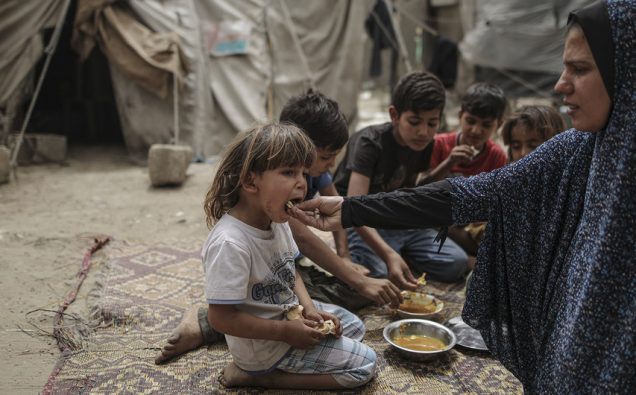
The coronavirus will push more than six billion living in developing countries to the edge of financial disaster and they will need a $2.5 trillion rescue plan to survive the setback.
The UN trade and development body, UNCTAD, predicts that commodity-rich exporting countries will face a $2 trillion to $3 trillion drop in investment from overseas in the next two years.
An economic downturn in these emerging economies was already evident in the last quarter of 2019 – before the new coronavirus outbreak emerged in central China last December, says Richard Kozul-Wright, UNCTAD director of globalization and development strategies.
Releasing the figures, the world boy notes that the rich industrialized nations have already announced a $5 trillion global rescue package plan to protect their businesses and workers.
Besides reducing the coronavirus shock on people in the rich countries “physically, economically and psychologically,” the package is expected to have positive effect on the global scenario.
“It is also expected to create $1 trillion to $2 trillion of demand among the major G20 economies, boosting global manufacturing by two per cent,” Wriight says.
UNCTAD urgently calls for a $2.5 trillion #coronavirus aid package to help developing countries avoid worst-case scenarios and impacts. https://t.co/0ORP07QKkd#COVID19 pic.twitter.com/0B97uMweju
— UNCTAD (@UNCTAD) March 30, 2020
On the other hand, the developing countries will face “a looming financial tsunami” this year, UNCTAD says while offering a four-pronged strategy as a way out.
Firstly, the strategy calls for a $1 trillion investment injection for weaker economies.
“This would come from so-called “special drawing rights” governed by the International Monetary Fund (IMF) which would need to “go considerably beyond” the 2009 allocation made in response to the global financial crisis,” the agency’s report explains.
Secondly, the developing world needs debt freeze to address the economic standstill on sovereign debt payments. This should be followed by significant debt relief.
As an example, UNCTAD cites how half of Germany’s debt after World War Two, was cancelled.

Image: UNICEF/Vincent Tremeau Developing countries like Burkina Faso may need extra support from the international community as a result of the COVID-19 pandemic.
Based on this precedent, around $1 trillion in debt should be cancelled this year, overseen by an independently created body, the UN agency maintains.
Thirdly, the developing countries should be helped with $500 billion investment in poorer countries’ emergency health services and related social relief programs.
Finally, UNCTAD urges the implementation of State-led capital controls to curtail already surging capital outflows from these developing countries.
“This would help to reduce a cash shortage driven by sell-offs in developing country markets and to arrest declines in currency values and asset prices.”
















